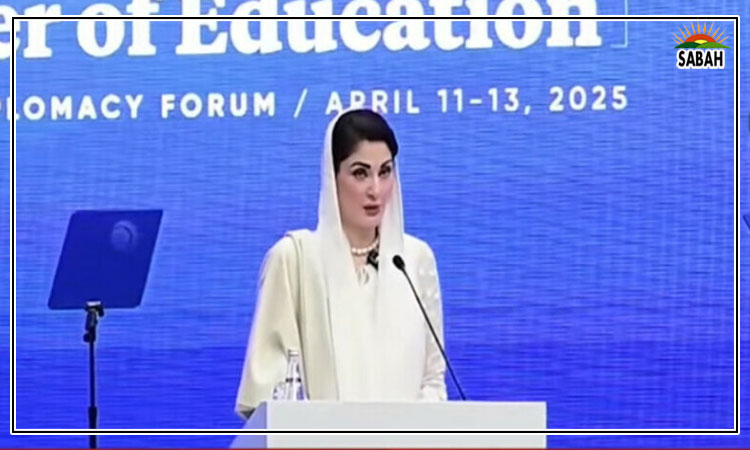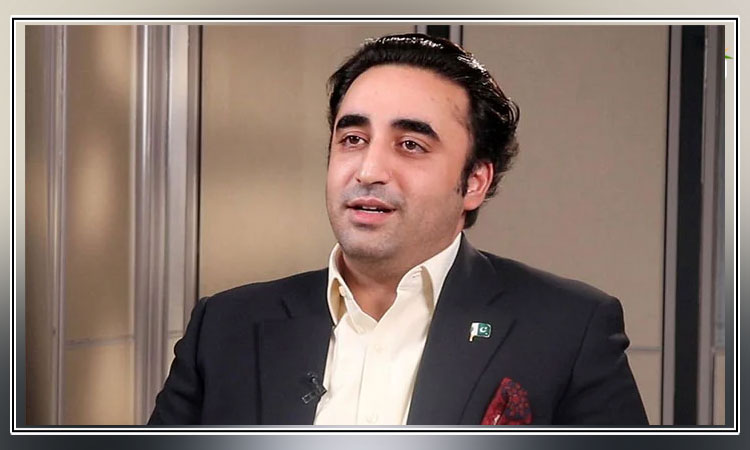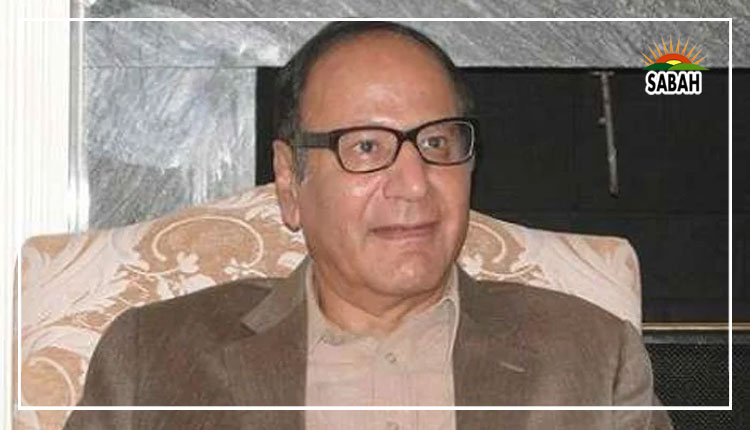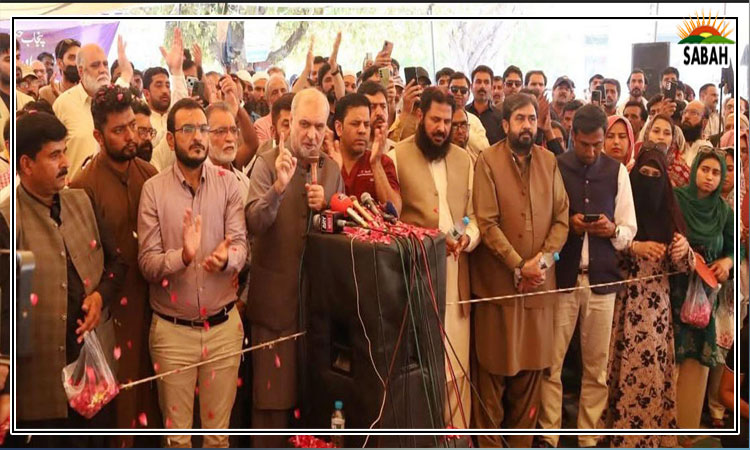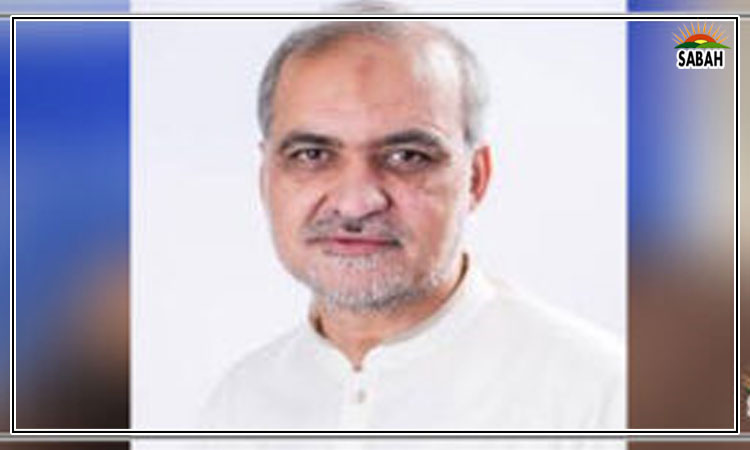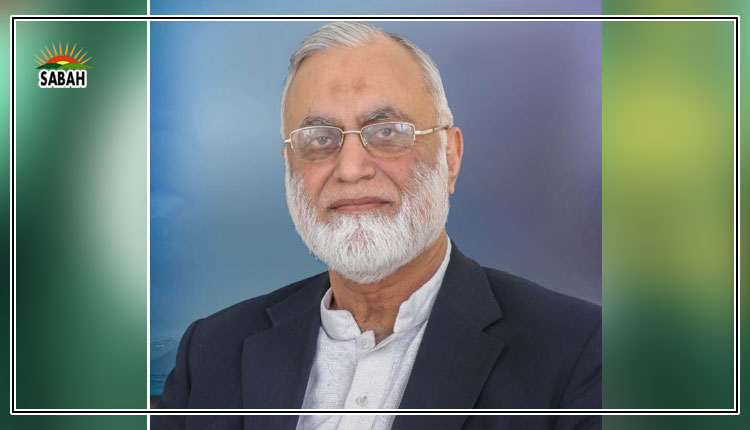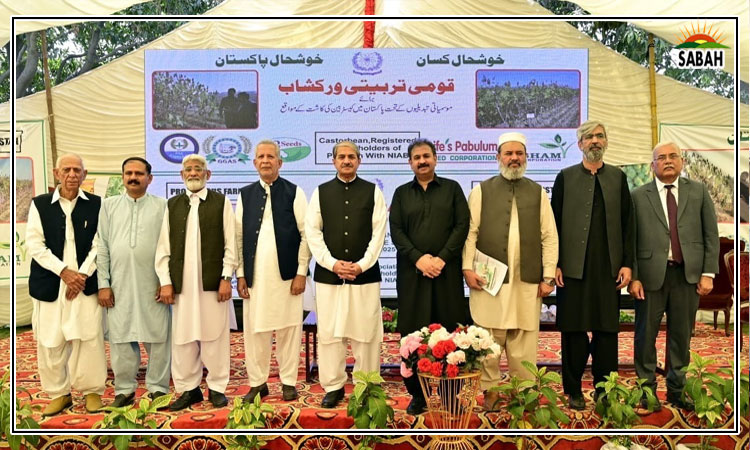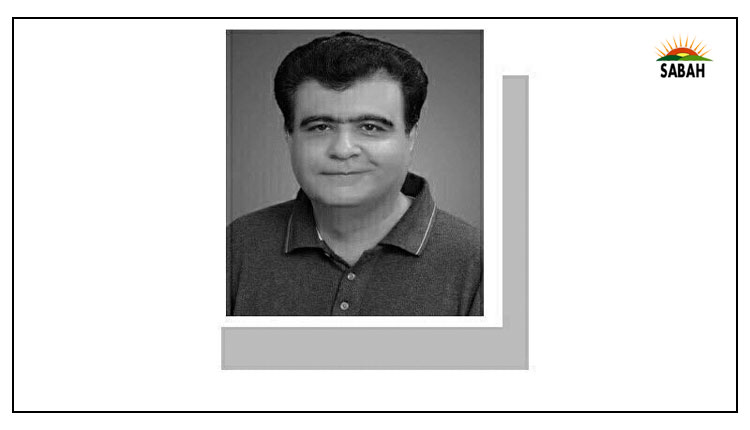Breakaway states…Dr Niaz Murtaza
MOST states today are either historical ones or were made by colonisers. Only a few broke away from larger states after World War II. Excluding non-UN member breakaway regions like Somaliland, this includes Singapore, Timor-Leste, Bangladesh, Pakistan and Lebanon in Asia; Eritrea and South Sudan in Africa; six ex-Yugoslav states; Slovakia and 14 ex-USSR states (eight Christian-dominated ones in Europe and six Muslim-dominated ones in Asia). The ex-USSR states and Singapore were evicted; the rest pursued freedom.
Singapore, Croatia, Slovakia, Latvia, Slovenia, Lithuania and Estonia are doing very well politically and economically. Sixteen other states have political stability and moderate economic growth (including Ukraine until the Russian invasion). Conversely, South Sudan, Lebanon, Pakistan and Bosnia have weak economies, political instability and insecurity. Eritrea, the fond site of my PhD research where I spent months living in tiny villages studying how stable traditional human systems were undermined by external intrusion over 100 years, has become a totalitarian, reclusive, pariah state.
To explain this divergence, I look at three factors: their mode of freedom, homogeneity and prior existence as a free state or a regional unit with its own governance structure that could aid post-freedom governance. The seven doing well are religiously and ethnically homogeneous with at least 70 per cent of the people belonging to one identity group and were at least regional units for long. Those doing moderately well are only slightly less homogeneous but were still at least regional governance units for long.
The last five are all diverse, with no ethnic group having even a 50pc majority. Pakistan, South Sudan and Lebanon had never existed as even distinct regional political units Eritrea only for 90 years under Italian rule after 1890 that created some unity, and Bosnia rarely through history. South Sudan, Eritrea and Bosnia became free via civil war and Pakistan and Lebanon via colonial division. South Sudan and Eritrea had faced huge abuse for decades under Sudan and Ethiopia, creating unity. The Pakistani, Lebanese and Bosnian freedom drives were pre-emptive, driven by elite fears of future risks. Ours was led by elites that hardly belonged locally after 1947.
Cultivated nationhood through devolved democracy is possible.
Thus, most of the problems of the five are embedded in their DNAs which lacked both a natural nation (where most people belong to one social group) or historical state (even as a regional unit) strand. They faced the huge task of creating both a state and nation almost from scratch after freedom. States lacking both can progress via a cultivated nationhood, where diverse groups adopt a new national identity based on mutual benefits perceived from being part of a larger state. But cultivated nationhood requires devolved democracy, which we have struggled with.
This is all the more surprising as the demand for Pakistan was first made in March 1940 based on a charter that embodied devolved democracy as its driving force, a novel, brilliant idea that was decades ahead as a governance model among decolonising regions then. Its a surprise that an elitist, drab outfit like the Muslim League gave it. It was only adopted under regional pressure and to get regions on board. But the League leadership took no steps to operationalise it before or after 1947. The Muslim elites who feared Hindu-majority democratic rule before 1947 feared even Muslim-majority democratic rule after independence. Thus, some say that while the Indian and Bangladeshi freedom drives were pursuing democracy, the Pakistani one was not.
The devolved democracy idea was dangled by the British in the Cabinet Mission plan, seen as an option against the majoritarian, centralised democracy Congress sold and the partition Muslim League wanted. Ironically, Muslim League accepted it while Congress didnt. Yet in their respective post-freedom turfs, Congress adopted it much more. Hence, today, we lack ancient statehood, natural nationhood and even cultivated nationhood. The first two cannot be created. But cultivated nationhood through devolved democracy is still possible. Yet, our elite-dominated state structure supports patronage elite politics to crush grassroots, egalitarian politics and supports autocratic, extremist religious, populist and ethno-populist politics when even the elitist politician becomes too autonomous.
In short, this review highlights a key fact: a thriving nation and state cannot be created easily based on real elite fears alone if there isnt an ancient state and a natural nation.
The writer is a political economist with a PhD from the University of California, Berkeley.
murtazaniaz@yahoo.com
Twitter: @NiazMurtaza2
Courtesy Dawn, July 11th, 2023



